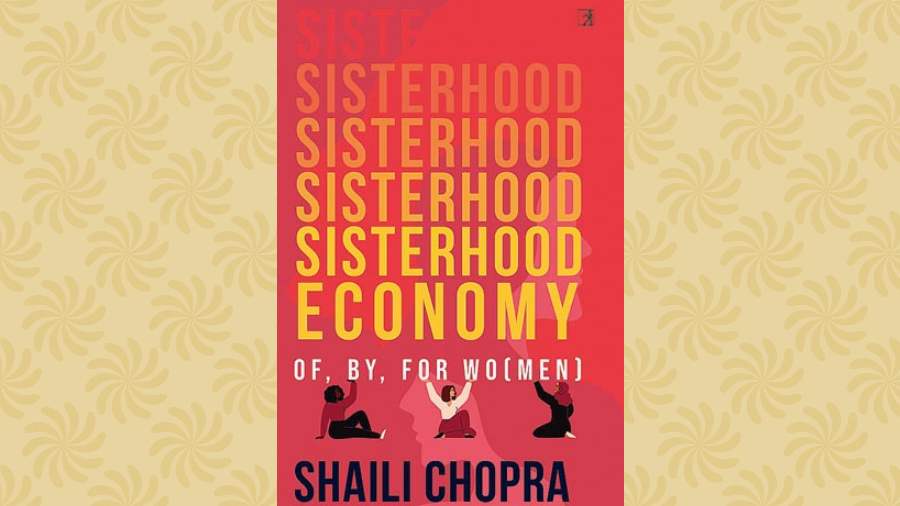Sisterhood Economy by Shaili Chopra: This is a must-read for any modern woman interested in health, leisure, and the meaning of equality, covering topics like women of all castes, colours, and body types, as well as the struggles of women all over India with the gender pay gap and sexual harassment. Most notably, the book includes a chapter dedicated to women’s health, a topic typically discussed in private. Chopra writes: “The situation of women in India is alarming because we worship them as goddesses on one hand and burn them for dowry on the other.” A piece of truth that is hauntingly true.
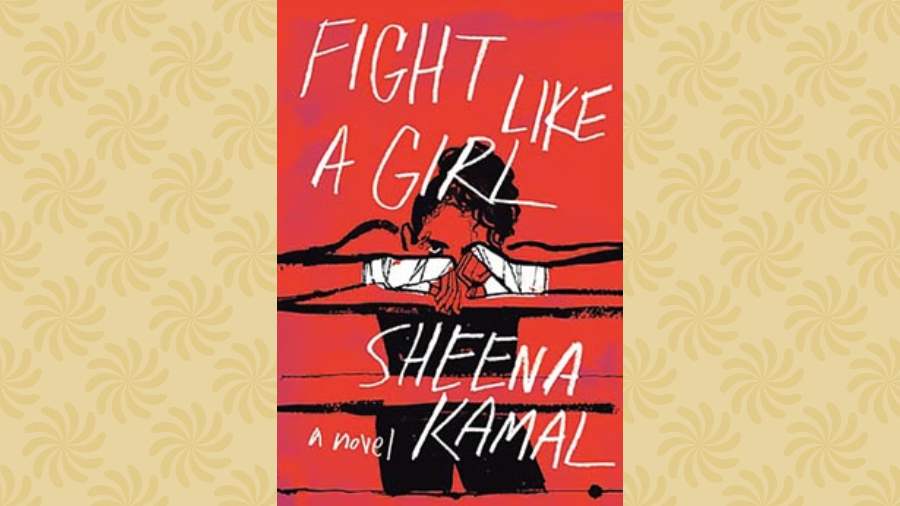
Fight Like A Girl by Sheena Kamal: Story of a Muay Thai kickboxer, a woman who is not afraid to be confident, strong and fight regardless gender boundaries. A young woman from Trinidad is determined to not care about society but rather to hustle through. With the accidental death of her father and her mother’s cold and indifferent behaviour towards it, young Trisha suspects that there might be more that what meets the eye. An excerpt from the book reads: “The women of my family are both warriors and witches. Creatures of night, vampires that haunt the dreams of Caribbean children, soucouyants who will suck the life right out of you and burn you with our flames.” A hilarious yet meaningful take on an unorthodox view of women.
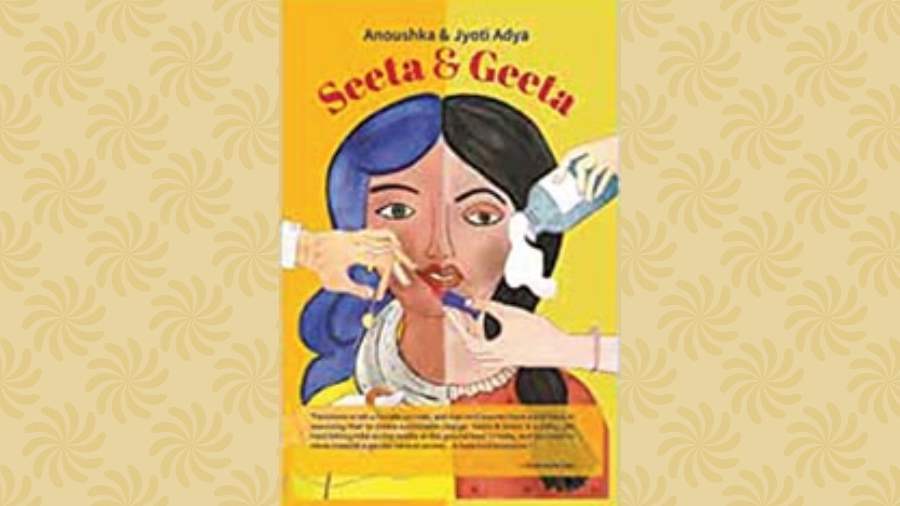
Seeta and Geeta by Anoushka Adya and Jyoti Adya: Borrowing its name from a popular Bollywood film, the book is a satirical view of how women are percieved in modern society. An excerpt from the book reads: “For her, beauty was not defined by her skin colour, her height or her weight. It was much more than that, much deeper than that.” We have many laws and regulations prohibiting crime against women, but we are still the subject of disgraceful behaviour, and this is something that the book Seeta and Geeta brilliantly depicts, touching upon beauty standards to dowry laws.
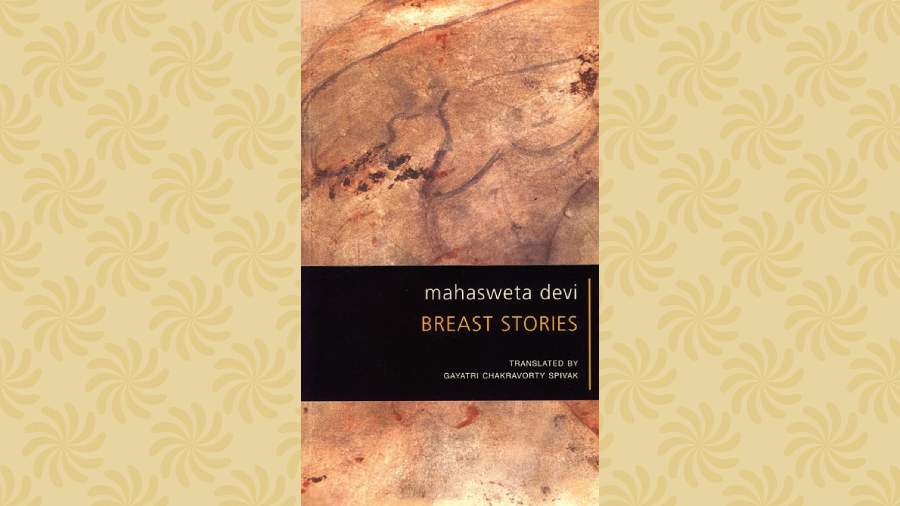
Breast Stories by Mahasweta Devi: One of the icons of Bengali literature, Mahasweta Devi has written about the ironies of cast, class, patriarchy and sexual violence. The book is divided into parts such as Draupadi, Breast-giver... the hyper sexualised forms of cultural aspects a woman’s body endures. A famous line from the book reads: “Draupadi wipes the blood on her palm and says in a voice that is terrifying, sky splitting and sharp as her ululation, 'What is the use of clothes? You can strip me, but how can you clothe me again? Are you a man?” Chilling and yet beautiful, translated by Gayatri Chakravorty Spivak, this book is a must-read for all women and men too.
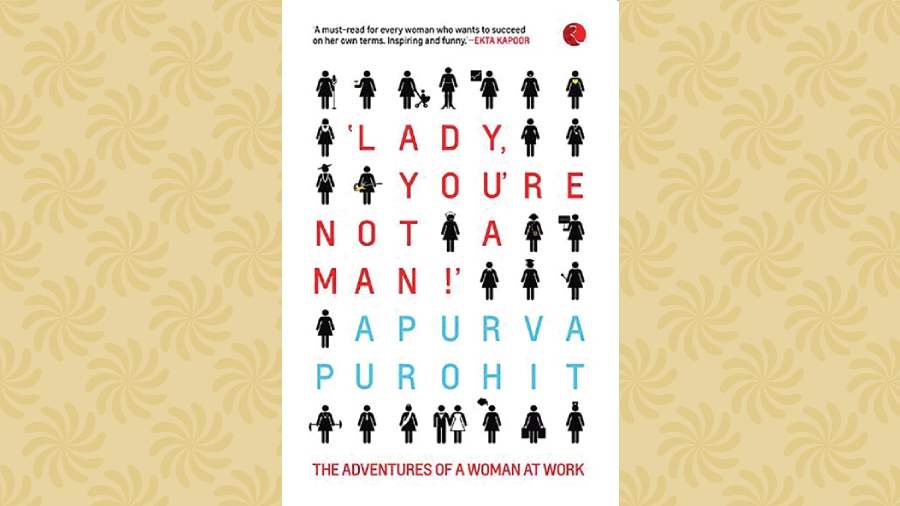
Lady, You’re Not a Man! by Apurva Purohit: A hilarious yet to-the-point book on the struggles of a working woman. The chapters talk about being victim of the workplace, how being a boss is relative, the struggles a woman faces with male subordinates and basically a bible for the 9-to-5 life. The book reassures that while we might be spitballing issues and contemplating anxious ways of avoiding workplace situations, respect and equality in a worplace is a fundamental right, and not a privilege. An excerpt from the book reads: “While with a woman you can instruct and direct, with a man you have to subtly suggest.” Well, that sums it up succintly.
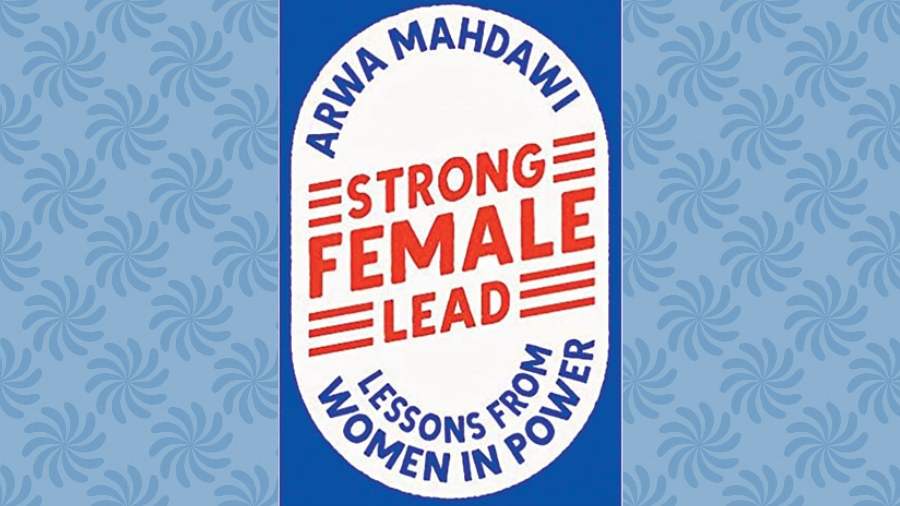
Strong Female Lead by Arwa Mahdawi: It talks about the leadership issues that the world is currently going through as we perceive a leader, not by his skill, but rather by the image that he wants us to believe. Women are often co-related to empathy, sympathy and caring nature and man as a stronger and a more fit to be a leader image. This book speaks about how traits should not be seen or misunderstood as weaknesses but rather, as strengths. The women of tomorrow are banking on how we treat them and accept them, not how we empathise with patriarchal problems. Extremely motivating and informative, it is a must-read for all readers.
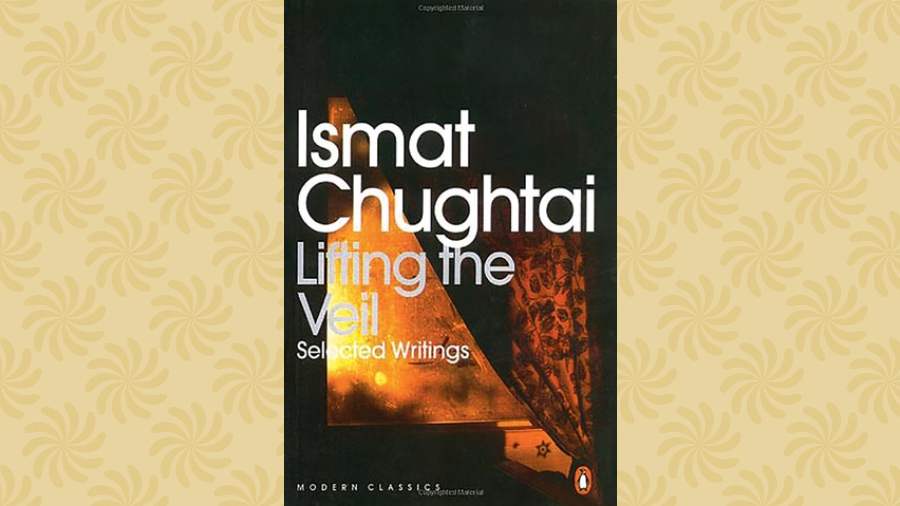
Lifting The Veil by Ismat Chugati: This book is a mix of fiction and non-fiction, and it’s famous for its dry humour and attention to detail. The stories in it are primarily focused on women and deal with topics like independence, marriage, love, and freedom in nuanced ways. The emancipatory potential of feminine sexuality is also examined. The author has gained notoriety for penning works with some of the most formidable female protagonists ever seen in literature. She writes: “Sindoor in our partings, bindis on our forehead and dupattas drawn over our faces we sat demurely in a corner. We stole glances at each other’s face and were struck by our own beauty. This made us all the more bashful."
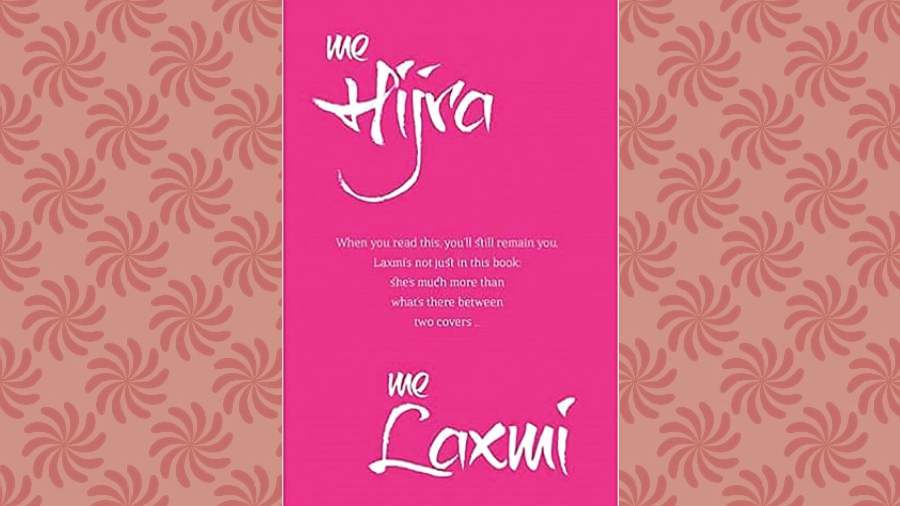
Me Hijra Me Laxmi by Laxmi Narayan Tripathi: “I learned dancing because I loved dancing. It took away the pain, it took away everything, I was happy when I was dancing. I got a lot of respect when I was dancing: people respected my art, they didn’t only respect my body.” This memoir does a great job of detailing how Laxmi Narayan Tripathi, the eldest child of a traditional Brahmin household, became the legendary ‘hijra’ known as Laxmi. Insightful concise summaries of the experiences and hardships of someone fighting for their gender identification make up the book. Descriptions of overcoming sexual assault as a child, learning to stand up for oneself, and speaking out against seemingly impossible events make the book a heart-touching read.
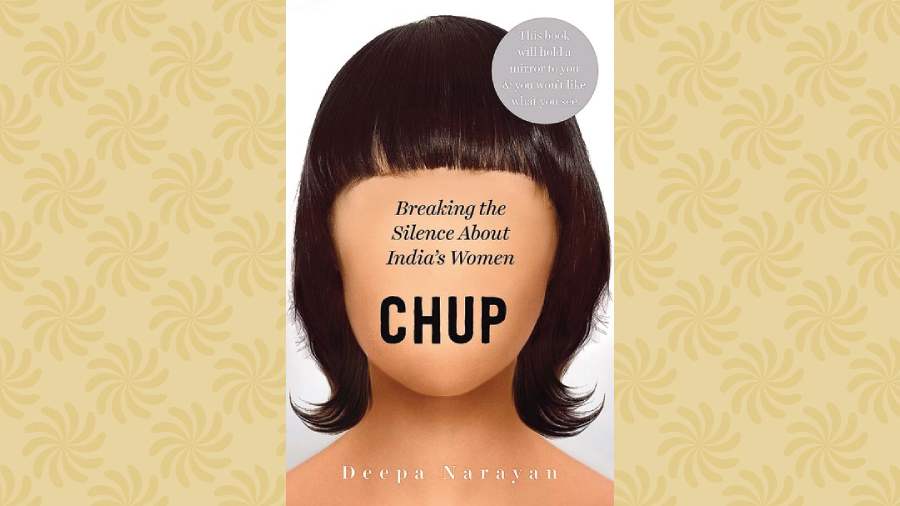
Chup by Deepa Narayan: The author says, “We need a revolution… a men’s revolution". This book, which is based on in-depth interviews of 600 women (and a few males) living in India’s major cities, seeks to find universal tendencies shared by women of all ages, backgrounds, and occupations. By posing the question: “What does it mean to be a nice woman?”, the author hopes to delve deeper into cultural norms around gender roles. She hopes that by sharing her story through Chup, she may end the taboo surrounding the experiences of contemporary middle- and upper-class women.
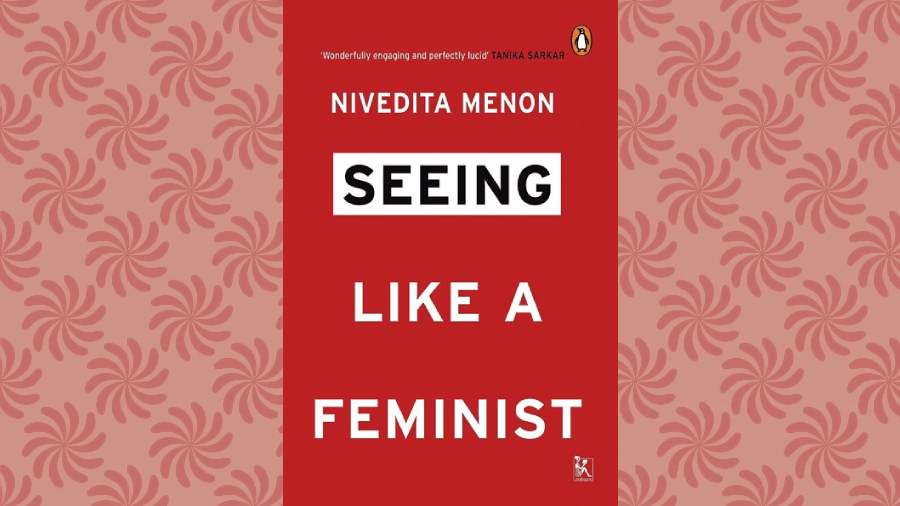
Seeing Like a Feminist by Nivedita Menon: “The whole point about ‘romance’ is that the woman is somehow always smaller, more diminutive in a cute sort of way, while the man is adult.” Nivedita Menon argues that feminism is not about a single, definitive victory over patriarchy, but rather about a steady, pervasive modification of the social field that ultimately displaces long-established markers. Feminism, according to Menon, only serves to further complicate the field, whether the issue at hand is the ban on the veil in France or the attempt to impose skirts on international women badminton players, or the challenge that caste politics poses to feminism or any number of other issues.
Courtesy: Storyteller Bookshop and Starmark India
